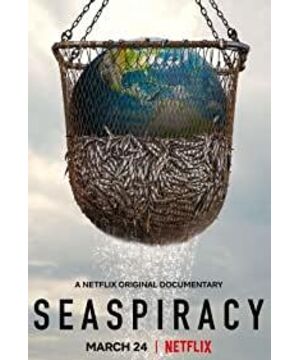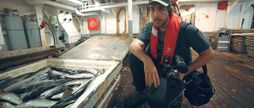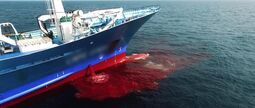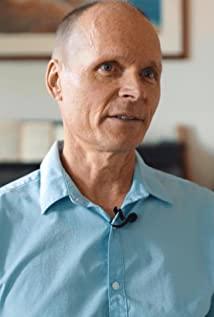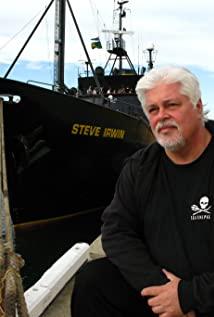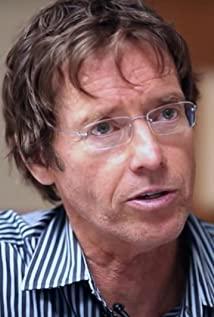Last year, there was a very popular book "Travel of the Eel", which told the long history of human exploration of where the eel was born. They grew up in freshwater rivers, and then returned to specific ocean depths to spawn and die. It hasn't changed for thousands of years. What if they were locked up? They would become nearly immortal, and an eel that had been locked in a well for generations was salvaged, still waiting for its journey back to the ocean. This seemingly popular book has been written by the author with a humanistic flavor.
So in this documentary, the deepest impression is that when it comes to artificial farming, salmon is also a peculiar fish. It is the opposite of eels. It is born in freshwater rivers and returns to the ocean to grow and develop. In "Fishery Conspiracy", they are artificially farmed in large numbers and never return to the depths of the ocean. In a crowded growing environment, helplessly things go wrong. But the director Ali should obviously be a man of science and technology.
I didn't expect to open this documentary, the final journey will lead to here, the beginning of everything, like those documentaries narrated by BBC David Attenborough, Ali, who loves aquariums and loves the ocean, noticed the ocean created by humans Pollution, especially plastic bags, caused one or two whales to be stranded on the shore because they swallowed a lot of plastic bags. Ali also went to the beach to pick up garbage. It can be calculated that the whales and dolphins stranded every year because of swallowing plastic are still illegally killing dolphins. The Japanese fishing boats are insignificant.
Ali then took his girlfriend and ran to Japan, where he found something strange. Japanese fishermen were not catching dolphins, but killing dolphins on a large scale in order to protect the so-called catch. Looking at it again, I found that the killing of cetaceans caused by mixed fishing caused by commercial fishing every year is much more serious than what the Japanese did.
Ali is finally on the right track, talking about the room elephant in marine conservation - commercial fishing, which provides the largest amount of plastic pollution in the ocean; overfishing, destroying the entire ocean ecosystem.
The entire documentary has moved towards a development that is contrary to the old adage "If you don't sweep a house, how can you sweep the world?"
Perhaps it also shows the self-deception of many human behaviors and the self-deception of too many environmental protection concepts - just as McDonald's stopped providing plastic straws last year, a hot search pointed out that plastic straws accounted for a very low content of the overall plastic waste. McDonald's did this, Somewhat unnecessary.
But for most people, it is necessary, because environmental protection can thus become a fashion that does not need to be thoughtful and easy to implement.
View more about Seaspiracy reviews


